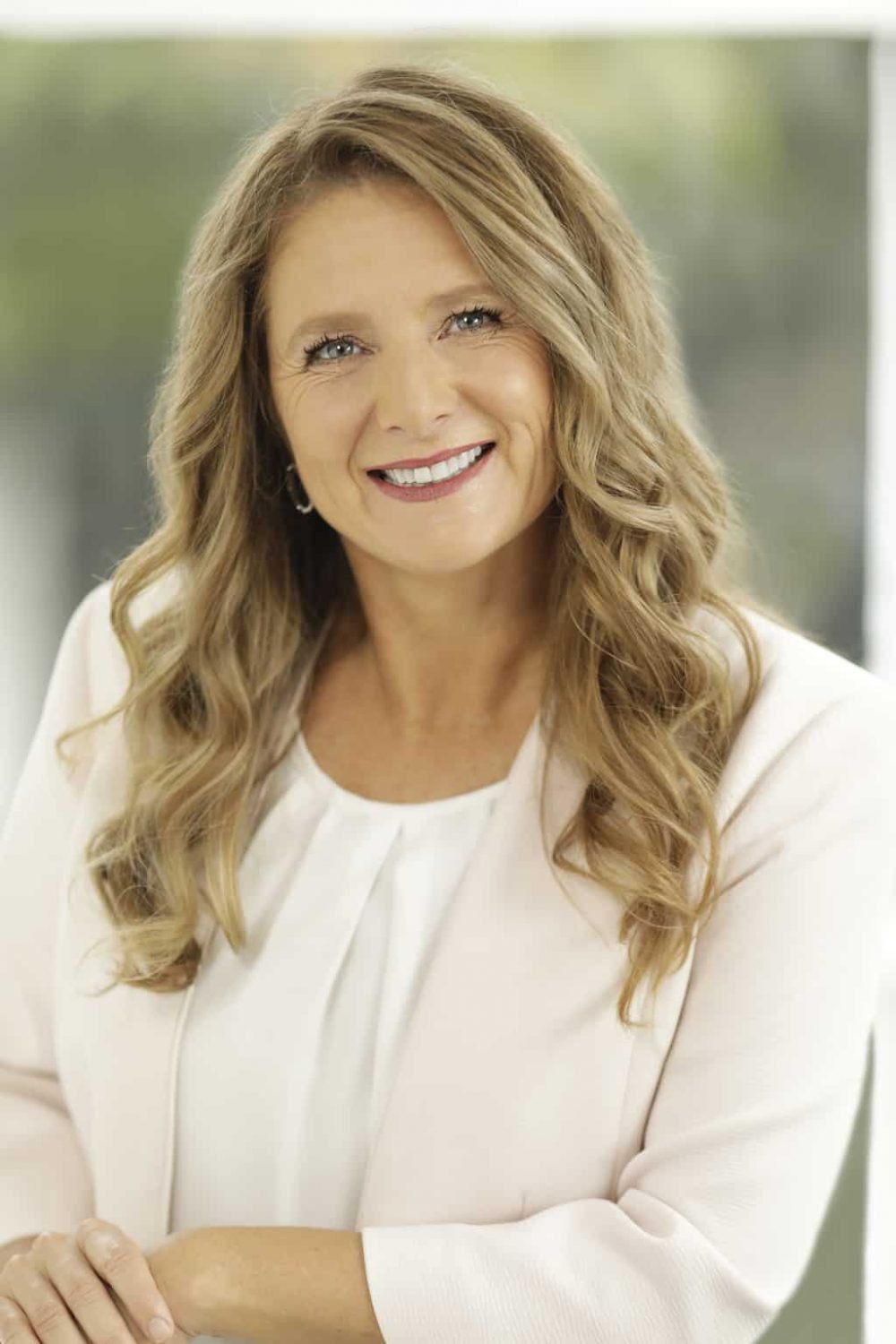Finance expert Helen Baker is passionate about empowering women to find financial freedom. Here the Money.com.au expert explains how to budget your income and save:
The first thing to recognise is the difference between your net and gross salary. Net salary is the amount you earn once tax has been deducted. While it may be tempting to look longingly at your pre-tax income, it’s best to avoid doing this since tax goes straight to the Government. You want to plan a budget around the amount that gets paid to your bank account, so take your after-tax income and break it down to ‘must haves’, ‘wants’, and ‘savings and debts’. These three categories are the basis of 50-30-20 budgeting.
The 50 represents the ‘must haves’ – the necessities in life – but this doesn’t mean your Netflix subscription or Friday night takeaway. Keeping ‘must haves’ to 50 per cent of your net income may lead you to realise just how much you’re spending on things you may not necessarily need. The aim here is to ensure your essentials are paid as the priority each week. These may differ slightly depending on your circumstances, but generally include rent, utility bills, school fees, groceries, and insurance. Once these essential are accounted for, you can start thinking about some of the fun ways to spend your income – this leads us to the ‘wants’ category.

Every budget should include a portion that allows you to enjoy what you love without overdoing it. Aim to reserve 30 per cent of your weekly income for anything you want – ‘wants’ – dining out, new clothes, special events or even just that extra coffee on the way to work each morning. It’s important to find a happy medium by rewarding yourself but not overdoing it, so you can also enjoy the perks of saving too. Everything in moderation though, because once you’ve blown your ‘wants’ budget, you won’t be able to indulge in this kind of spending again until your next pay.
After allocating money towards ‘must haves’ and ‘wants’, the remaining 20 per cent of your income is left for ‘savings and debt’. This is where the real strategy comes into place. By putting aside 20 per cent of your earnings, it enables you to repay any loans you owe without too much effort, or even better – put this portion straight into a savings or emergency fund. It may be the smallest portion of your income, but little by little, you will see your debt get smaller or your savings get bigger. Starting early and establishing a budgeting strategy like this one means you won’t have to worry as much later in life when you’re getting toward retirement age.
Women Love Tech also asked Helen what are some of the business pivots she has witnessed during this period of coronavirus pandemic.

Since the Government’s lockdown restrictions and social distancing measures resulting in a majority of Aussies working from home, I’ve seen many women take on a great entrepreneurial mindset and innovate to the changing climate. I’ve particularly noticed the event management industry adapting to these new changes by delivering content through video or audio masterclasses instead of live events. This cuts costs drastically, by removing the premises from the equation, as well as saving on time and distribution costs by using video technology to address a large audience at once. It’s great to see businesses realising that people can work efficiently from home and there can be enormous benefits in doing so.
What are some of innovations you have been impressed by?

A great innovation that I’ve seen emerging is the amount of gyms that are offering workouts from home through online portals and social media channels. Not only does this reduce time spent going to and from the gym – but now people aren’t bound by strict timetables and class times. Many may now realise how easy it is to get moving at home and may think twice before signing up to a costly gym membership again.
About Helen Baker

Helen Baker is a financial advisor, author, and speaker with a passion for empowering Aussies to find financial freedom through strategic planning and goals-based financial advice. For more information, visit Money.com.au.














